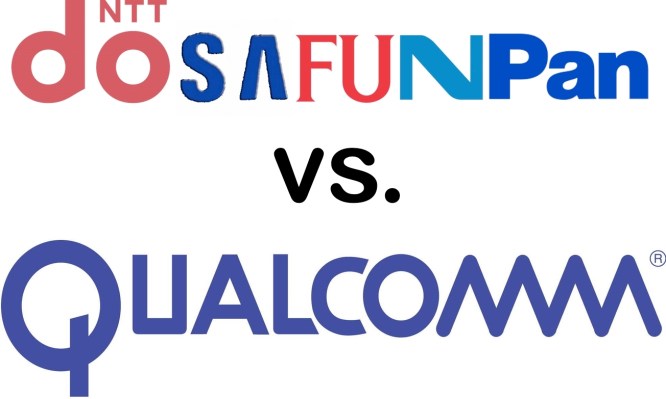What happens when you put some of the biggest names in the Japanese wireless industry in the same room to work up a plan to develop some home-grown mobile chipsets? The answer is, apparently, not much.
Just over three months after NTT DoCoMo, Samsung, Fujitsu, NEC, and Panasonic Mobile Communications announced the creation of a mobile joint venture to do just that, DoCoMo has recently announced that the deal has unceremoniously fallen apart.
According to a NTT DoCoMo spokesperson, the deal fell through because “the various stakeholders each had their own ideas, and an agreement could not be reached by the March deadline.”
News of the alliance first broke back in September, when it was revealed that NTT DoCoMo would own a majority stake in the venture (thanks to an outlay of ¥450 million/$5.8 million USD), and that the companies would jointly develop those baseband chipsets for use in their own devices. I suspected at the time that those chipsets wouldn’t get much play on the global scale, but DoCoMo proved me wrong with their official announcement — their LTE and LTE-Advanced friendly products were indeed intended for international distribution to boot.
This whole thing strikes me as a shame — as I understood it, the original deal was meant to help these reduce their reliance on components from companies like Qualcomm, who at last glance accounted for something like 80% of the baseband chipset market. Sure, it’s tough to say what kind of impact the joint venture would’ve had on the market, especially considering how entrenched a player Qualcomm is, but there’s no such thing as too much competition. If nothing else, it would help keep the big guys on their toes.
